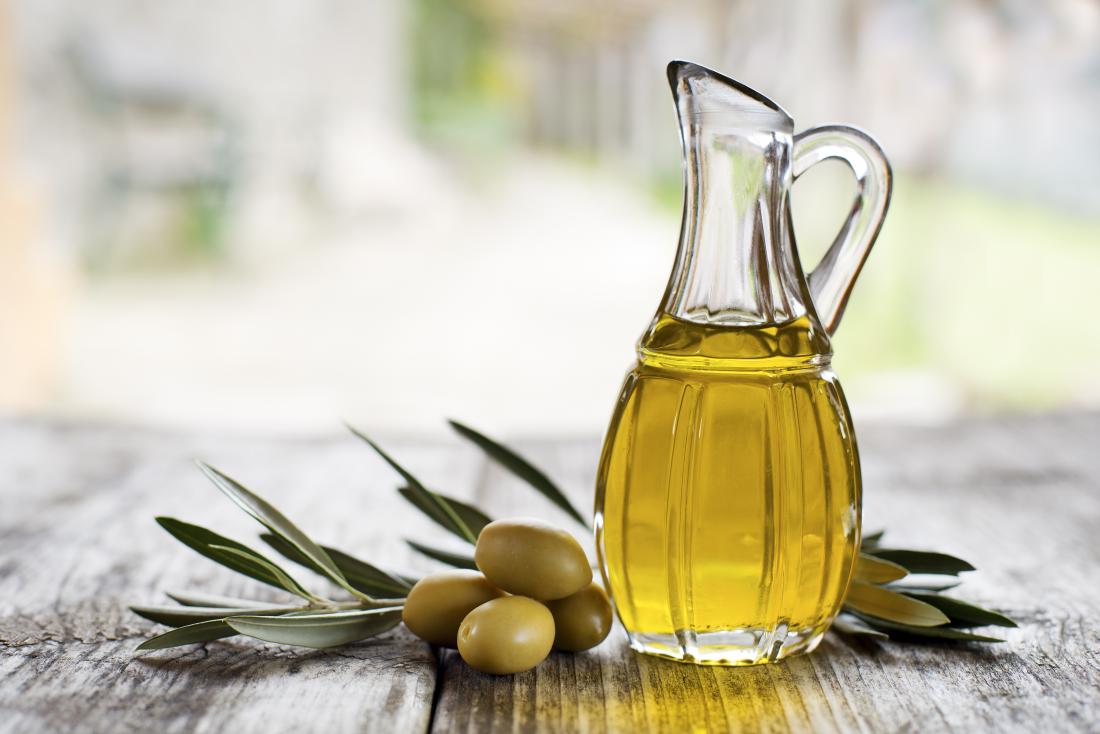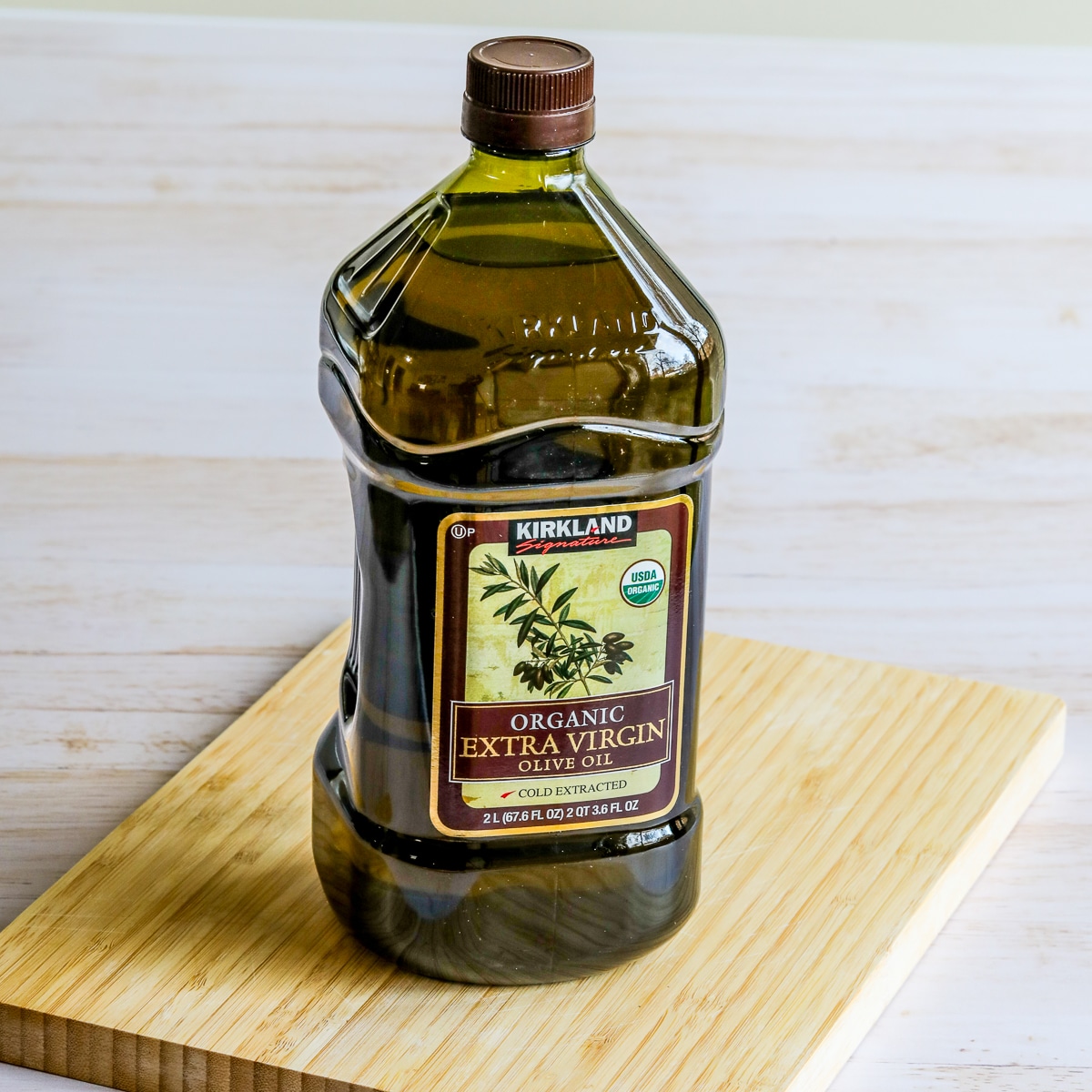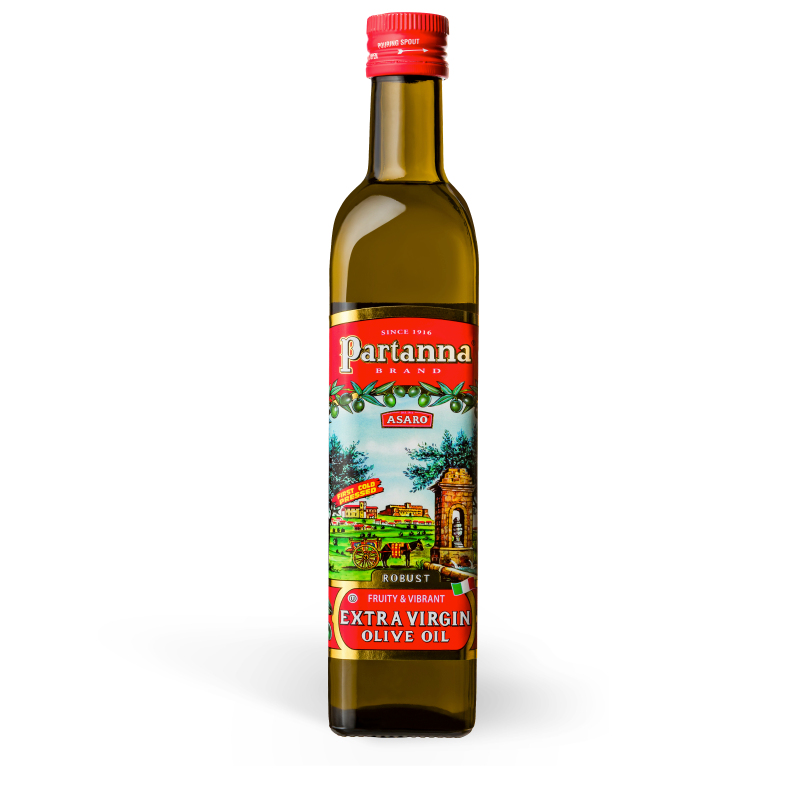Discovering the Different Kinds of Olive Oil and Their Uses, Consisting Of Additional Virgin Olive Oil
The exploration of olive oil incorporates a diverse variety of types, each offering cooking applications and unique tastes. Extra virgin olive oil, renowned for its remarkable high quality and health and wellness advantages, functions as a staple in many kitchen areas, yet it is just one element of this diverse active ingredient. extra virgin olive oil benefits. Other varieties, such as pure and refined olive oils, additionally necessitate focus for their one-of-a-kind residential or commercial properties and usages. Comprehending these distinctions can substantially impact both food preparation strategies and flavor profiles. What, then, should one consider when selecting the ideal olive oil for a details cooking endeavor?
What Is Olive Oil?
Obtained from the fruit of the olive tree, olive oil is a staple in Mediterranean food and a vital ingredient in various culinary applications. This flexible oil is produced by pressing whole olives, causing a liquid that varies in taste, scent, and color depending on the kind of olives used, the region of farming, and the extraction procedure. Olive oil is mostly made up of monounsaturated fats, especially oleic acid, which is understood for its prospective wellness advantages, consisting of anti-inflammatory residential properties and cardio support.
Along with its culinary usages, olive oil has a long history of application in standard medicine and skin care, owing to its abundant antioxidant content (extra virgin olive oil benefits). The oil is commonly utilized in dressings, marinates, and for cooking methods such as sautéing and roasting. Its unique flavor profile can boost the preference of numerous recipes, making it a crucial ingredient for both home cooks and professional chefs
In addition, olive oil is celebrated for its function in the Mediterranean diet, which is connected with numerous health advantages. As awareness of these advantages grows, olive oil remains to acquire popularity worldwide as an essential part of a healthy way of living.
Kinds of Olive Oil
Comprehending the various sorts of olive oil is essential for both health-conscious consumers and culinary fanatics. Olive oil is categorized mainly based on its extraction method and top quality, which considerably impacts its scent, health, and taste advantages.

Light olive oil, despite its name, refers to a lighter taste and not reduced calories. It is perfect for those seeking a more refined preference in dressings and sauces. In addition, there are flavorful olive oils instilled with herbs, flavors, or citrus, which can enhance recipes without the need for extra flavoring.
Each sort of olive oil serves particular culinary purposes, and understanding these distinctions allows customers to make informed choices that align with their cooking styles and health and wellness goals.
Bonus Virgin Olive Oil
Bonus virgin olive oil (EVOO) is widely considered as the best quality olive oil available, popular for its abundant taste and numerous health benefits. To be categorized as extra virgin, the oil should be generated from fresh olives making use of mechanical procedures, without making use of solvents or too much warmth. This meticulous approach protects the oil's natural tastes, antioxidants, and healthy and balanced fats, leading to an item with a low level of acidity degree of less than 0.8%.
EVOO is plentiful in monounsaturated fats, specifically oleic acid, which is connected to lowered inflammation and boosted heart health. It also includes polyphenols, effective anti-oxidants that may use protective results versus persistent conditions. The flavor profile of EVOO can vary substantially depending on the olive range and area of manufacturing, ranging from fruity and verdant to durable and sharp.

Culinary Use Olive Oil

In cooking, olive oil can be used for sautéing, toasting, and grilling, supplying a much healthier option to butter or various other fats. Its high smoke point click for more info makes it ideal for various cooking techniques, while its anti-oxidants add to a heart-healthy diet. Sprinkling olive oil over finished meals, such as pasta, fish, or grilled vegetables, can elevate tastes and include a touch of beauty.
Moreover, olive oil plays a substantial function in baking, where it can change typical fats in recipes for bread and pastries, giving moisture and a subtle preference. It likewise functions as a base for infused oils, allowing chefs to explore tastes such as garlic, herbs, or chili, further increasing its culinary capacity. Generally, olive oil's convenience makes it vital in both home and professional cooking areas.
Choosing Quality Olive Oil
When choosing high quality olive oil, it's important to take into consideration several vital aspects that influence the product's wellness, taste, and fragrance benefits. Firstly, select additional virgin olive oil (EVOO), which is stemmed from the very first cold pushing of olives and has the highest possible go levels of antioxidants and helpful substances. Look for oils that are certified by recognized organizations, as this frequently makes certain adherence to strict quality standards.
The product packaging additionally plays a significant duty in maintaining the oil's stability. Select oils stored in dark glass bottles or tins to protect against light destruction. Pay interest to the harvest day; fresher oils use remarkable taste and nutritional value, so choose products that are within 18 months of their harvest.
Be conscious of the preference; a good top quality olive oil ought to have an equilibrium of fruity, bitter, and sharp notes, suggesting its splendor and complexity. By evaluating these variables, you can guarantee you are selecting the finest olive oil for your culinary requirements.
Verdict
In summary, the exploration of various kinds of olive oil discloses distinctive attributes and applications, with additional virgin olive oil standing for the peak of high quality because of its low acidity and high antioxidant content. Its adaptability in cooking usages enhances tastes in dressings, marinades, and sprinkles. Comprehending the different selections of olive oil enables for informed options in cooking methods, promoting much healthier practices useful source while enhancing the overall gastronomic experience. Quality option continues to be vital for optimum advantages.
Obtained from the fruit of the olive tree, olive oil is a staple in Mediterranean cuisine and a key ingredient in numerous culinary applications.The most common types of olive oil include fine-tuned olive oil, pure olive oil, and light olive oil.Extra virgin olive oil (EVOO) is commonly regarded as the highest possible top quality olive oil readily available, popular for its abundant flavor and many health and wellness advantages. Choose for additional virgin olive oil (EVOO), which is acquired from the very first chilly pressing of olives and contains the greatest degrees of antioxidants and beneficial compounds.In recap, the exploration of different types of olive oil reveals distinctive characteristics and applications, with extra virgin olive oil standing for the pinnacle of quality due to its reduced acidity and high antioxidant content.
Comments on “Extra Virgin Olive Oil Benefits: Why It’s Essential for Your Mediterranean Diet”